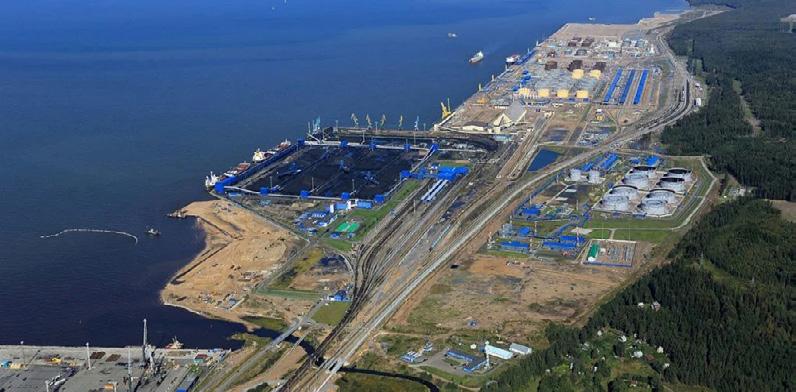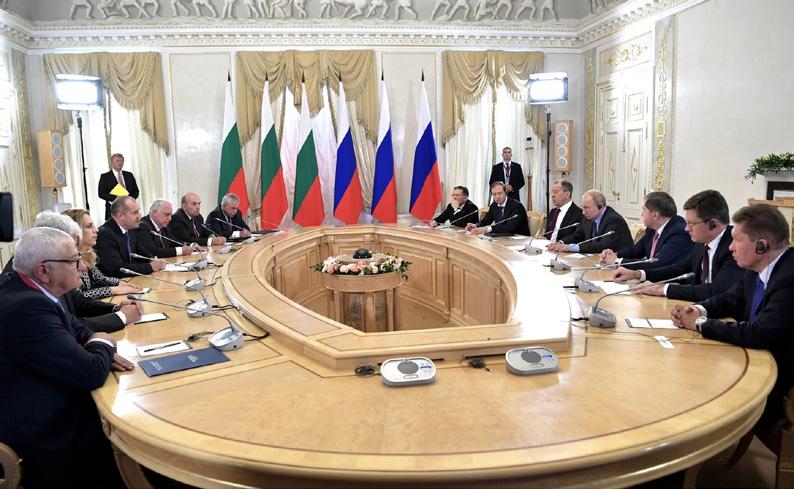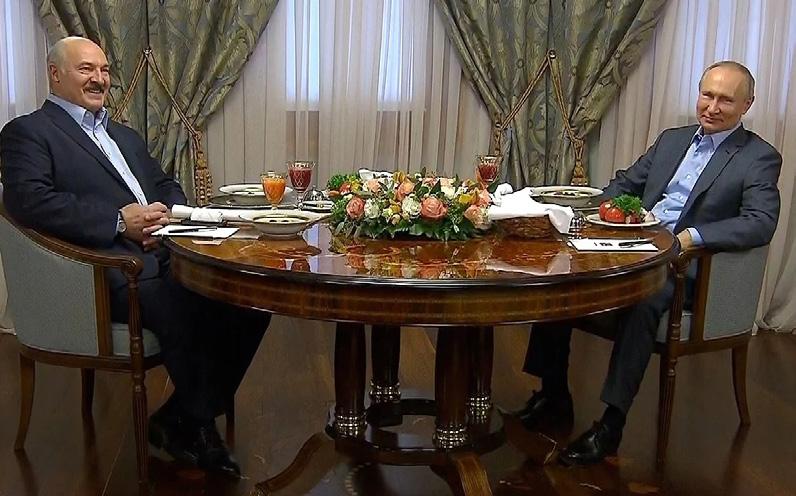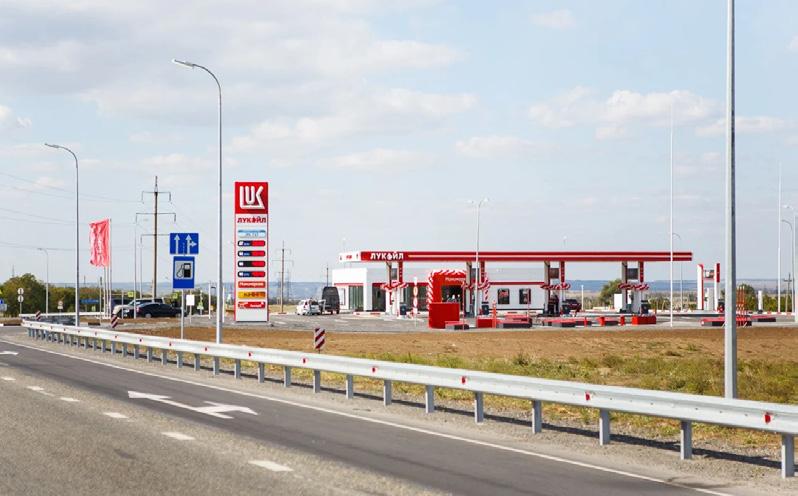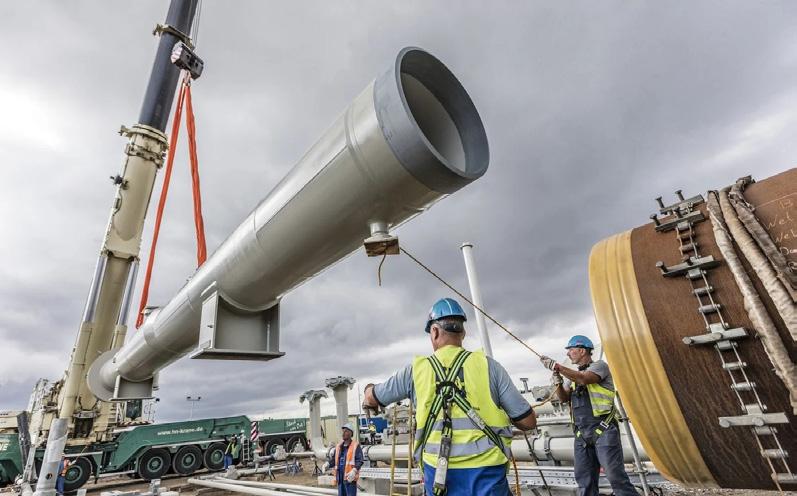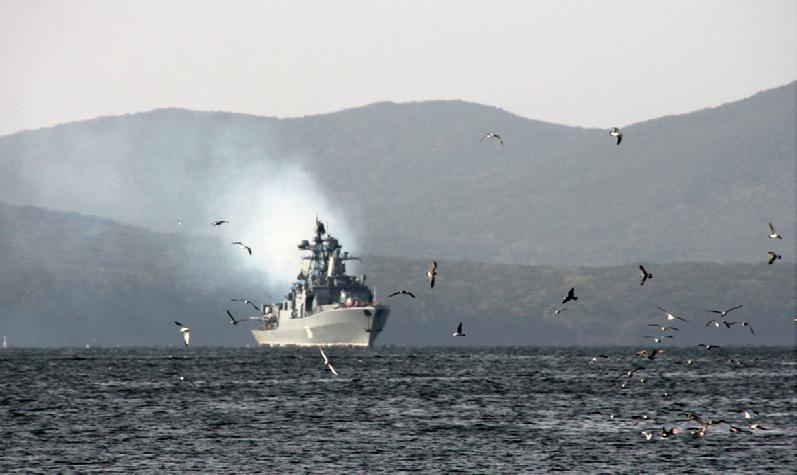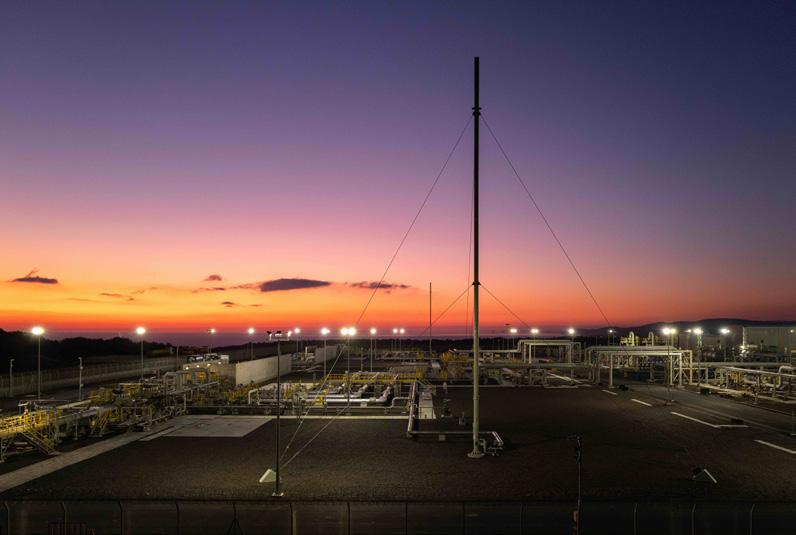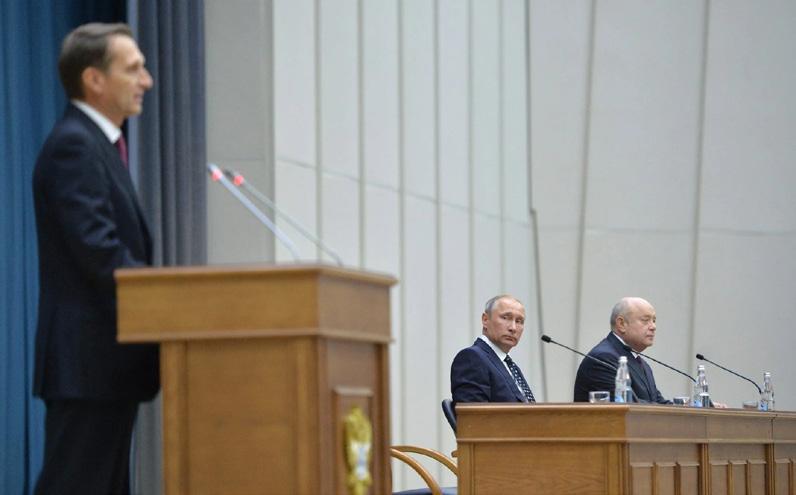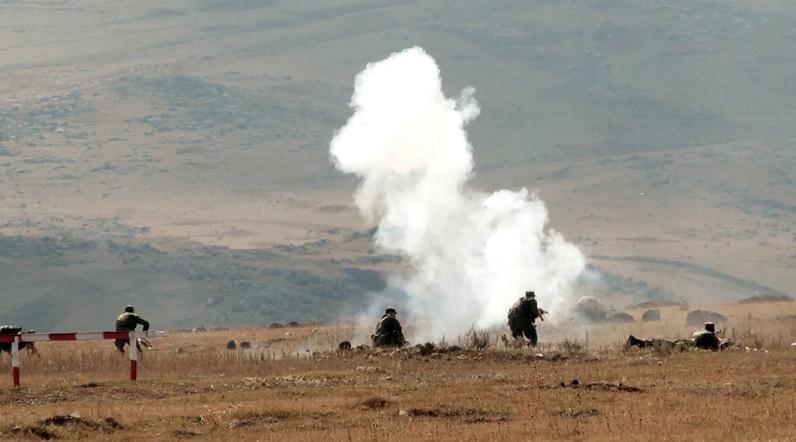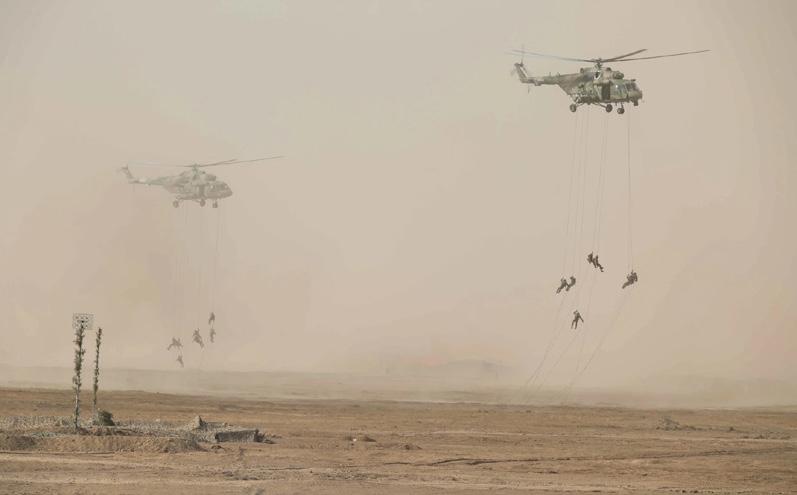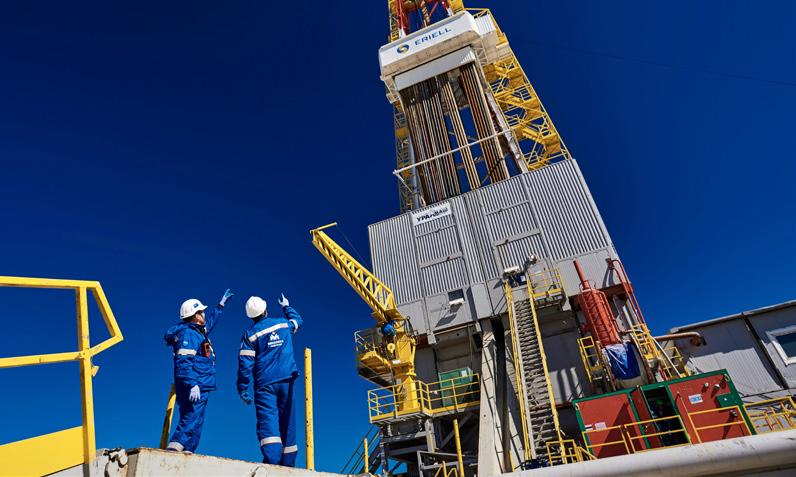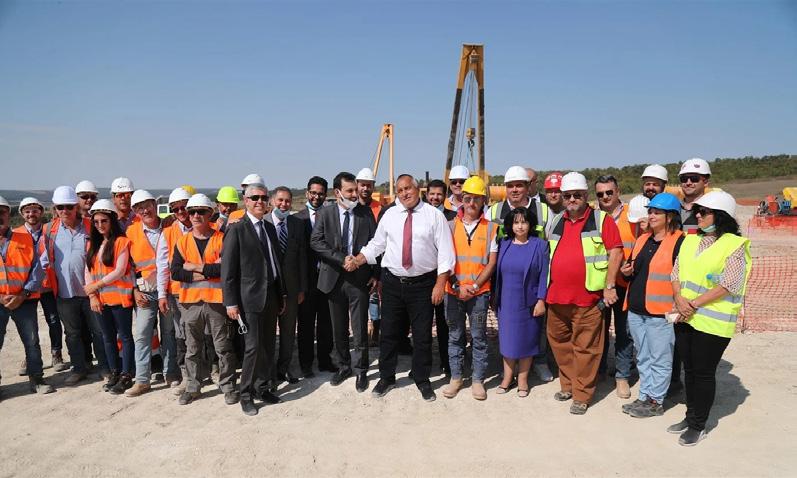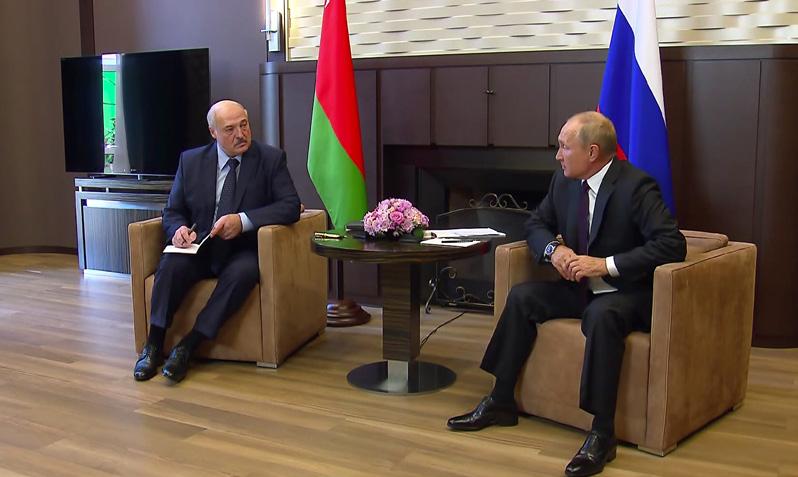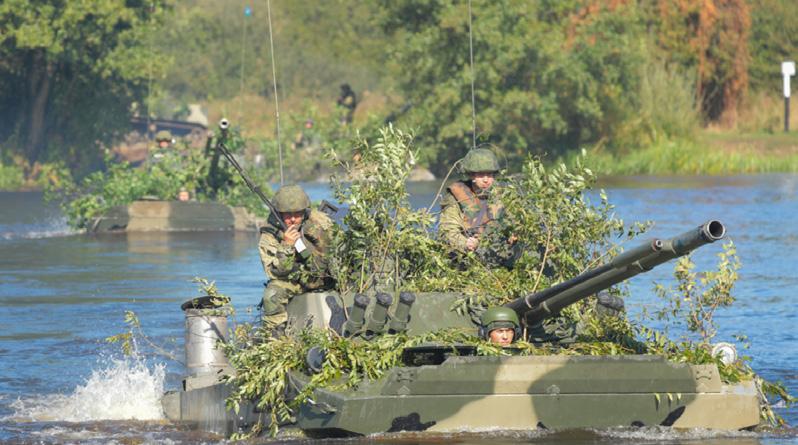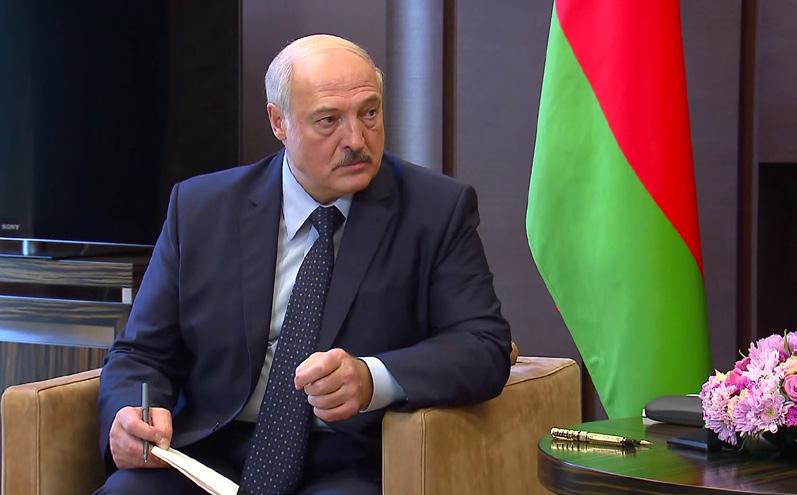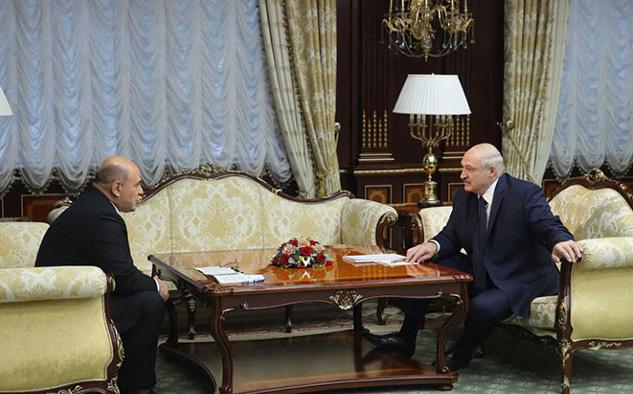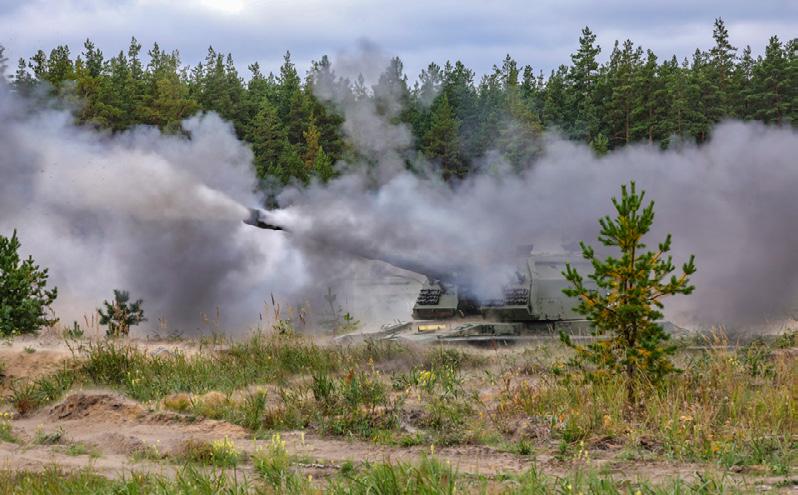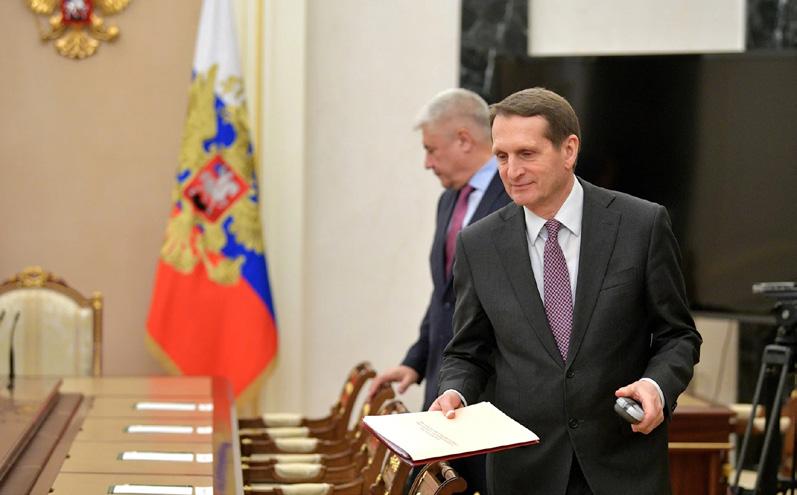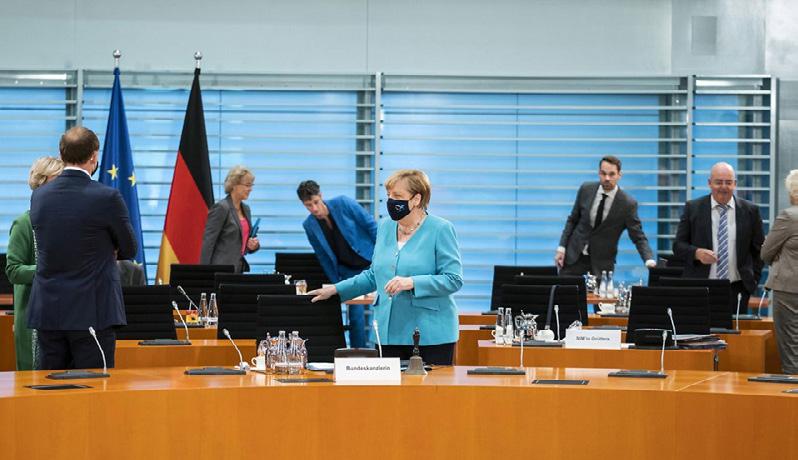will be announced then. Recently, Moscow has been visited by the Ministers of Foreign Affairs and Defense of Belarus. The visit of the Belarusian Minister of Foreign Affairs – Vladimir Makei, took place on September 2. After the meeting with him, the Russian Foreign Minister – Sergey Lavrov, condemned the interference of foreign forces in Belarusian affairs. He attacked NATO and the EU for their declarations on Belarus and accused Ukraine of sending about 200 “trained extremists” to Belarus in order to destabilize the country. Makei, in turn, announced that Belarus would impose retaliatory sanctions on people from Lithuania, Latvia and Estonia. The day before, these three countries imposed sanctions on 30 representatives of Belarusian authorities, including President Alexander Lukashenko. On the same day, the Chiefs of the General Staff of Belarus and Russia – Alexander Volfovich and Valery Gerasimov, discussed military cooperation between the two countries and preparations for joint maneuvers. The
conversation took place by phone. The generals discussed, among others, the upcoming Russian Caucasus 2020 strategic command and the joint Belarusian-Russian-Serbian Slavic Brotherhood 2020 wargame, which will take place on the territory of Belarus. After the meeting of the Heads of Diplomacy and later Lukashenko’s with Prime Minister Mishustin, the Belarusian Minister of Defense visited Russia. “The destructive forces in Belarus, encouraged by Poland, Lithuania, the Czech Republic and Ukraine, tried to change power. State authorities opposed this,” announced General Viktar Khrenin on Friday, September 4. The head of the Ministry of Defense spoke at the meeting of ministers of the Commonwealth of Independent States (CIS), Shanghai Cooperation Organization (SCO) and Collective Security Treaty Organization (OUBZ) in Kubinka near Moscow. Minister Khrenin argued that Western countries tried to organize a color revolution in Belarus. However, they failed and are now moving on to a hybrid war.
10 September 2020
GERMAN SKIRMISH OVER NORD STREAM 2 The poisoning of Russian opposition politician Alexei Navalny caused turmoil amongst German senior officials, with all of them waiting for an explanation from Moscow, but just a few being keen to punish Russia. Thus the issue of the Nord Stream 2 energy link came back on the agenda. So far roughly all German politicians stood tenaciously to defend the gas pipeline, notably when the United States announced a batch of sanctions against the energy link. But there is now a group of senior German officials that overtly want Berlin to withdraw from the joint energy project with Russia. Perhaps the poisoning of Russian opposition figure will serve as a comfortable excuse for Berlin to pull the plug on the venture that is now in big trouble due to U.S. policy. Nonetheless, the problem is that by doing so, Germany could risk a major fissure in its ties with Russia. Nobody in Berlin is keen to see that, though. 6
www.warsawinstitute.org

